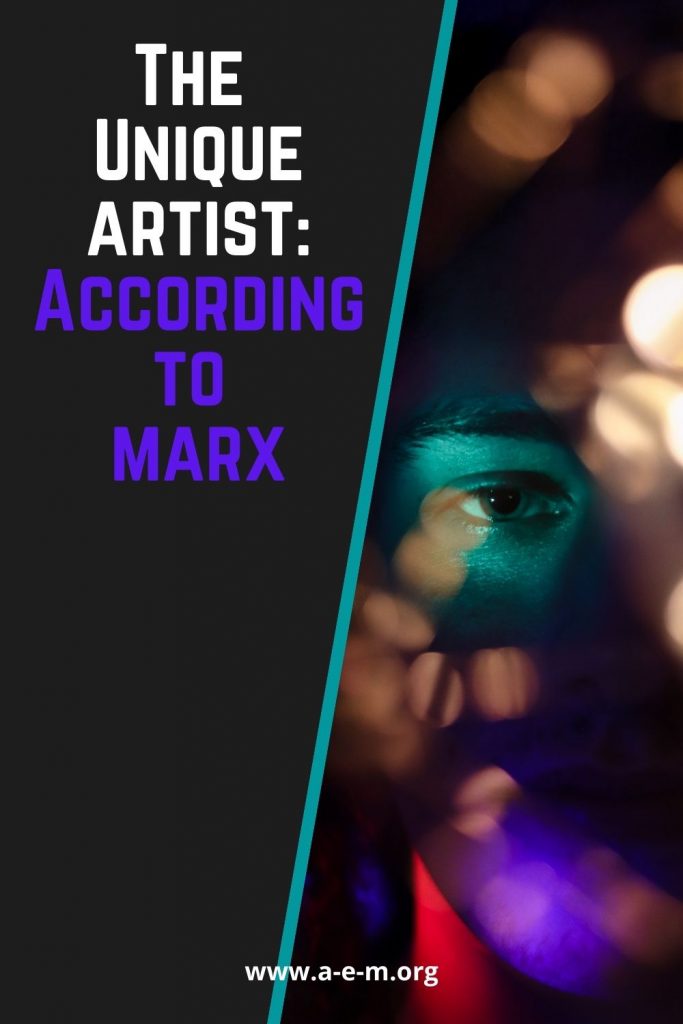The Unique Artist: According to Marx
Judaism and Christianity value your individuality and your creativity, but what about Karl Marx who is so often promoted in artist circles and art programs?
The God of the Bible commissioned artwork in Exodus 31, and even commissioned an artist. You can check out the video on Bezalel HERE. This is how we know that the God of the Bible cares deeply about art. We can also see through all the books of the bible, the parables, stories and poetry, how God validates individuality and creativity.
What about Karl Marx, the father of Marxism? Well, surprisingly, he does not value these things.
Though art schools love to promote his social justice ideas and concern for the poor (and yes we should all care about the poor), they fail to clarify what Marxism would really mean to artists and designers if they truly adopted his worldview.
Note: In my previous video on Marx HERE, I learned through some helpful and challenging comments that this discussion needed a bit more nuance and clarification…and that is what this video is attempting to do. Enjoy!
Let us know your thoughts, comments and ask questions in the comments below, we look forward to hearing from you!
And if you’d like to be on our email newsletter list, sign up HERE
Copyright © 2021 Joel & Michelle Pelsue. All Rights Reserved. Used with Permission.
Questions on Your Calling as an Artist? Check out the Free Artist Calling MasterClass HERE
Want to Take action and take your career to the next level? Check out the Catalyst Program HERE


2 comments on “The Unique Artist According to Marx”